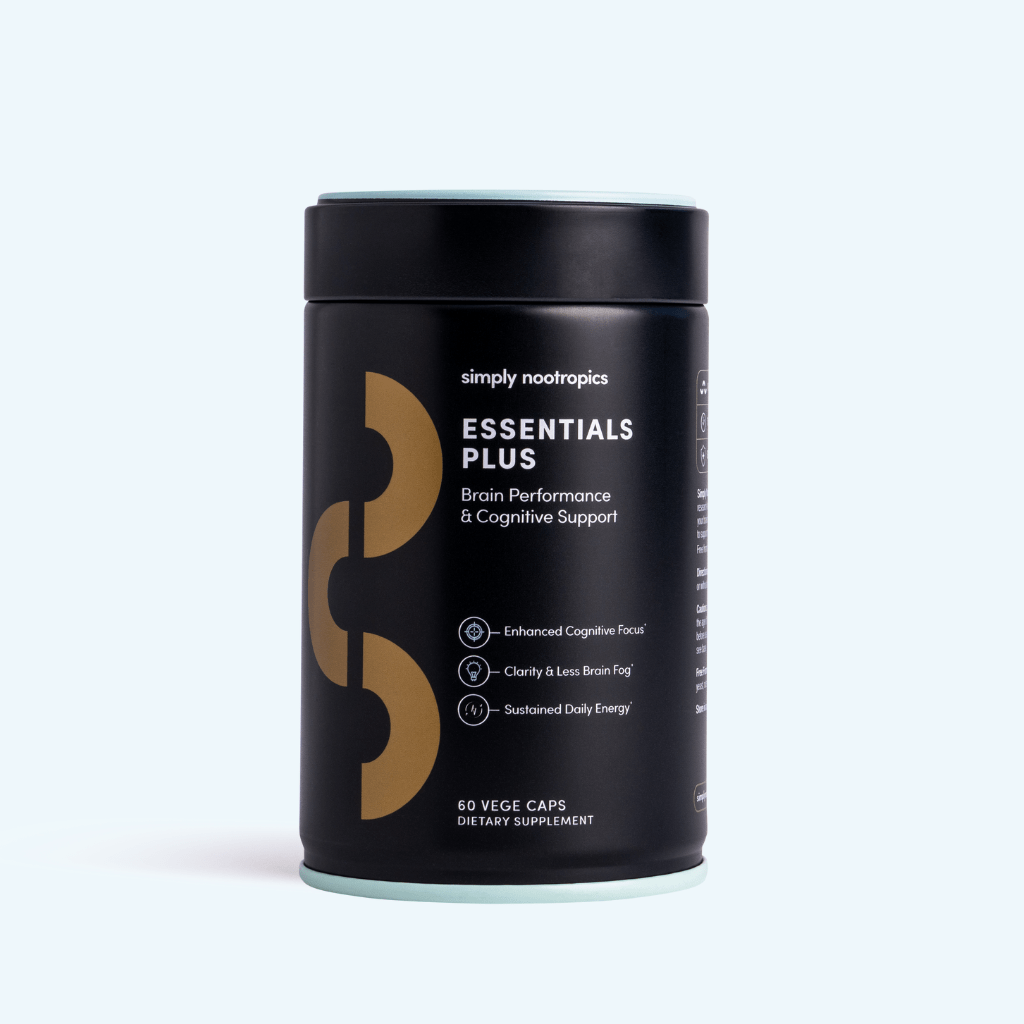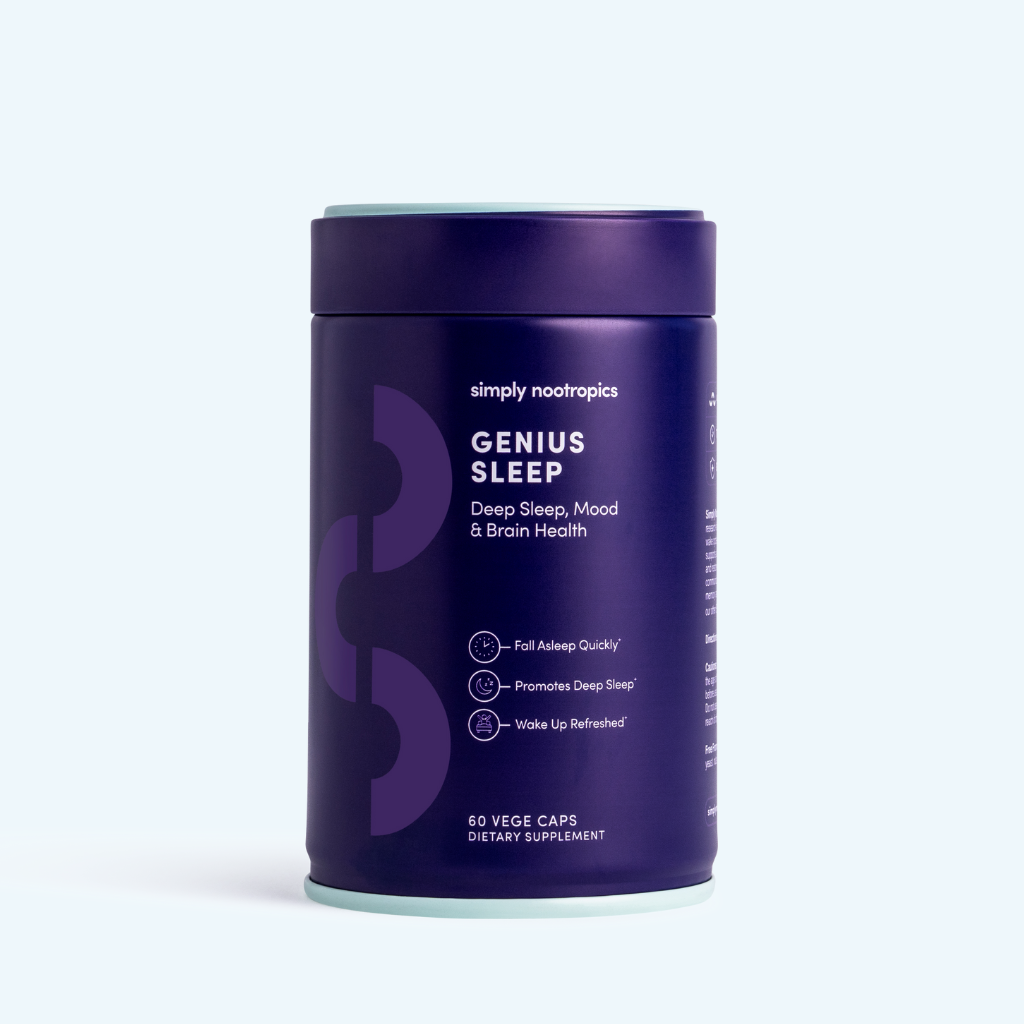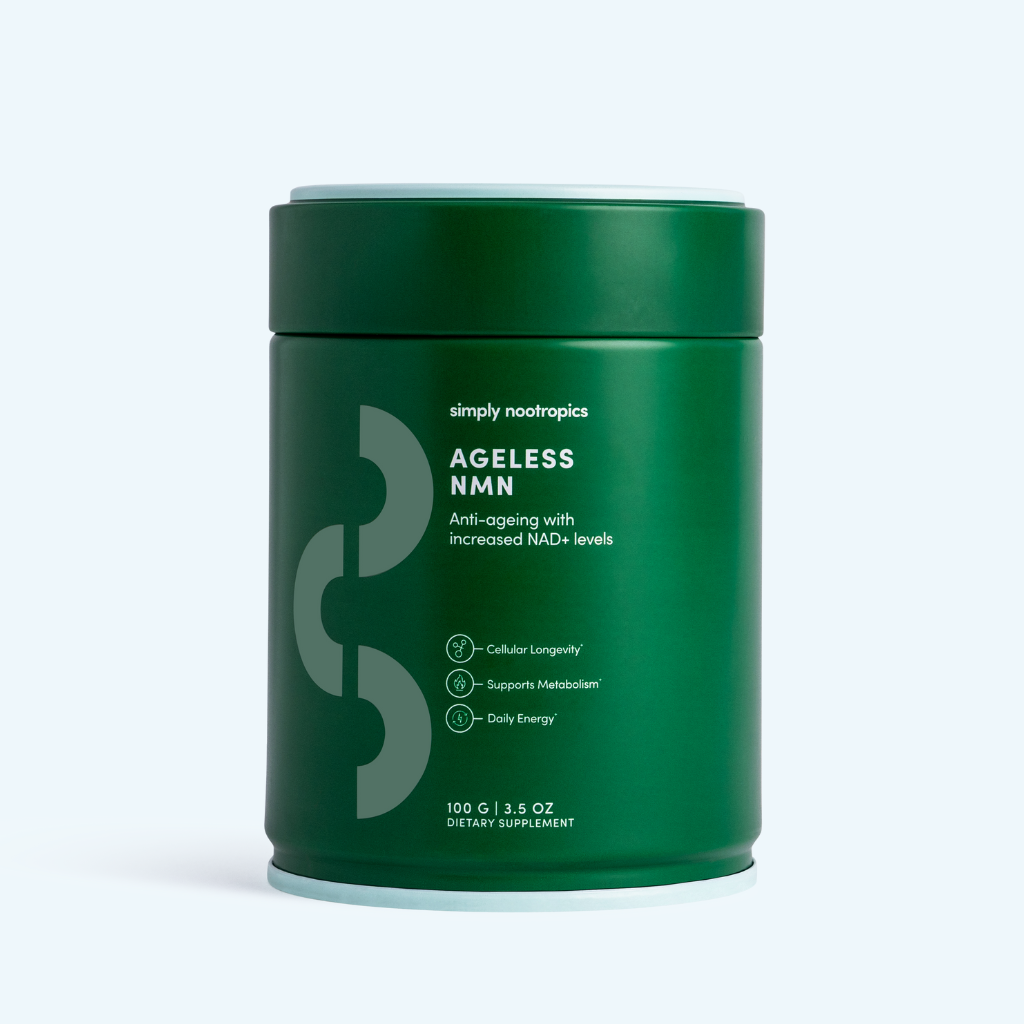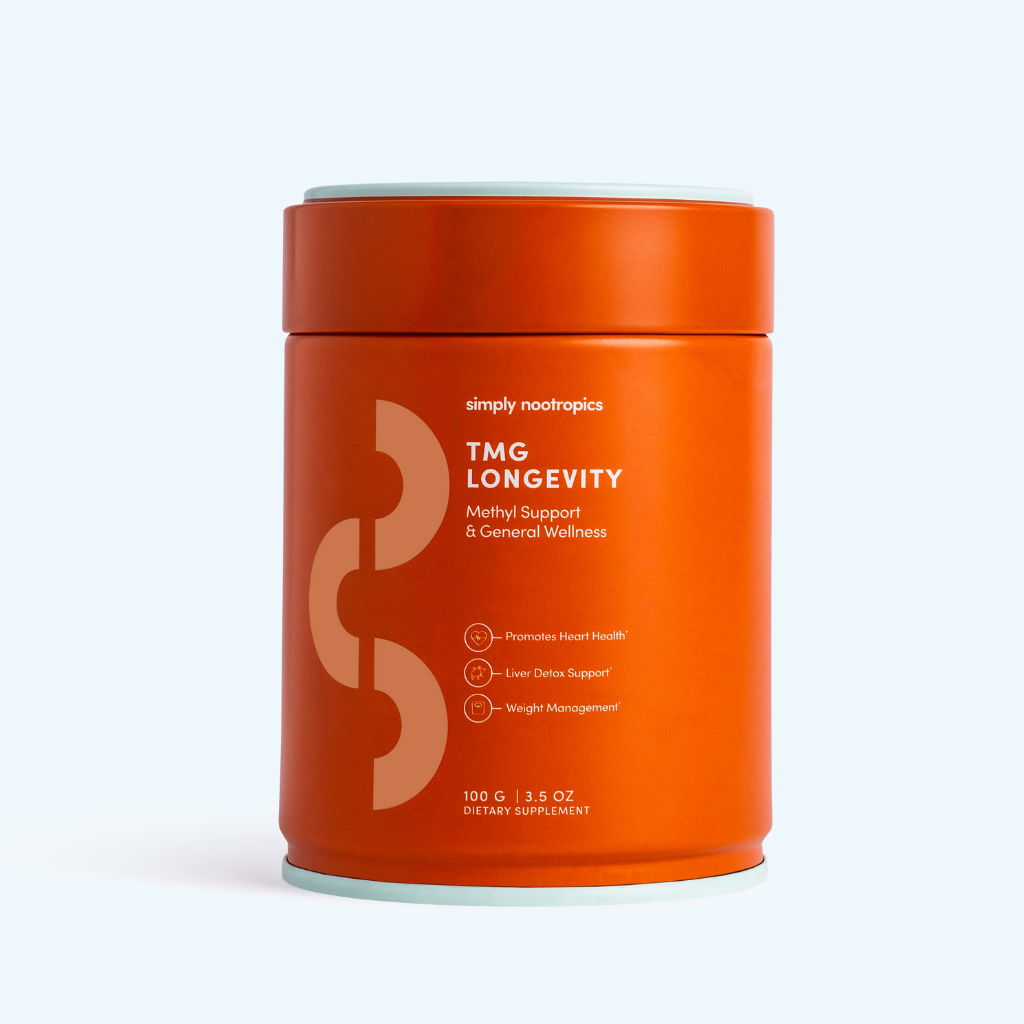If you’ve ever heard of nutrigenomics and nutrigenetics, we have to compliment you; you really keep up with the latest scientific updates. For everyone else, you’re in good company. But don’t worry, because we’ll explain everything you need to know here. Coming from the words ‘nutrition’ and ‘genes’, nutrigenomics is an exciting new scientific field. Essentially, nutrigenomics focuses on how our genes interact with the nutrients we consume, creating personalised nutrition plans based on genetic information.
This science aims to optimise health by understanding how genetic differences affect nutritional needs. Imagine knowing exactly what foods are best for you based on your unique genetic makeup. That’s the promise of advanced nutrigenomics, where your DNA guides your diet.
How Genetic Differences Influence Nutritional Needs
According to a nutrigenomics diet, our DNA can explain how your body processes various nutrients. Here’s few examples of how specific genetic variations can influence your nutritional needs:
- Lactose Intolerance: Genetic variations can affect your ability to digest lactose, the sugar found in dairy products. Lactose intolerance is common in East Asian and African populations, where dairy farming was historically less prevalent. In contrast, many Europeans have a mutation allowing them to digest lactose into adulthood. Knowing your genetic predisposition helps make informed choices about dairy consumption.
- Folate Metabolism: the MTHFR gene plays a crucial role in processing folate, a B-vitamin essential for DNA synthesis and repair. We talk more here about how variations in this gene can affect folate metabolism, leading to higher needs for dietary or supplemental folate. These genetic differences can be found worldwide but are particularly significant in populations with higher incidences of cardiovascular diseases linked to folate metabolism.
- Caffeine Metabolism: variations in the CYP1A2 gene determine how quickly you metabolise caffeine. Some people, due to their genetic makeup, can drink coffee late into the night without any sleep disturbances (hello Italians!), while others may experience jitters and insomnia after just one cup, even because of that diluted latte at 9am. Tailoring your caffeine intake to your genetic profile can optimise your energy levels and overall health.
- Fat Metabolism: the APOA2 gene influences how your body processes dietary fats. Certain variants of this gene can make individuals more susceptible to weight gain from high-fat diets. By understanding your genetic predisposition, you can adjust your fat intake to maintain a healthy weight.
Personalised Diets
Since your DNA determines so much about your ability to benefit from certain foods, it’s a great idea to tailor your diet according to your genetic profile. Here’s why:
- Enhanced Nutrient Absorption: personalised diets can improve how well you absorb essential nutrients. For example, if you have a genetic variant that affects vitamin D absorption, knowing this can help you adjust your diet or take supplements to meet your needs.
- Better Performance: athletes and those with specific health goals can benefit from nutrition plans designed to boost performance and recovery. Genes affecting muscle composition and recovery can guide dietary choices that support optimal training results.
How To Understand What's The Best Diet for You
- Genetic Testing: advances in genetic testing make it easier and more affordable to get personalised nutritional insights. Many companies offer genetic testing services that give information on how your genes affect your nutrition and health.
- Customised Diet Plans: nutritionists can use genetic information to create meal plans. Bring your DNA test results to a specialist to get a tailored plan that suits your genetic predispositions and dietary preferences. This will ensure that the recommendations are not just generic but targeted to your unique genetic profile.
- Ongoing Research: the field of advanced nutrigenomics is continually evolving, which makes us hopeful for even better nutritional analyses in the future. Thankfully, research is ongoing to identify more genetic markers related to nutrition and health, making it easier to craft tailored diet plans.
Country-Specific Genetic Traits
Another big factor considered by nutrigenomics and nutrigenetics is ethnicity, because different populations have unique genetic traits that influence their nutritional needs. Here’s a closer look at how geography and genetics intersect:
- East Asians: East Asians have a higher prevalence of lactose intolerance and a greater need for vitamin D due to less efficient synthesis in the skin. Plus, genetic variations can affect the metabolism of alcohol, making some people more prone to alcohol flush reaction.
- Europeans: higher tolerance for lactose and varying requirements for omega-3 fatty acids characterise Europeans. In Northern Europeans, a genetic mutation allows for the continued digestion of lactose, which is great news for people living in regions where dairy is a staple food.
- Africans: variations in salt sensitivity can influence blood pressure management, and diverse needs for folate. Certain genetic traits can also affect the metabolism of certain drugs and toxins, influencing dietary and health recommendations.
Although nutrigenomics and nutrigenetics are a relatively new field, they provide us with vital information about our dietary needs. Advances in genetic research in the late 20th and early 21st centuries made it possible to explore the interactions between diet and genes in more detail, offering a great tool for making informed nutritional choices.
Nutrigenomics and nutrigenetics are changing the game for personalised nutrition in a more scientifically accurate way than many other popular diets. Understanding how your genes affect your nutritional needs will help improve your health, prevent health issues, and create diets that work best for you. As research progresses, incorporating nutrigenomics into daily life will become more common, offering a personalised approach to health and nutrition.
Another element that nutrigenomics considers is supplements, as they address specific nutritional needs identified through genetic analysis. For instance, NMN supports cellular health by boosting NAD+ levels, essential for energy production and cellular repair. This makes a NAD+ booster like Simply Nootropics’ NMN an excellent addition to any genetically tailored diet. Try a personalised diet to ensure you're feeding yourself the right things that will agree with your DNA and your health.















